Resource Archive - Low- and Moderate-Income Clean Energy
SEARCH RESOURCES
You can also search by author name.
RESOURCE TYPES
RESOURCE TOPICS
RESOURCE PROJECTS
RESOURCE YEARS
NYSERDA’s Affordable Solar and Storage Predevelopment and Technical Assistance program in New York State is successfully addressing the predevelopment challenge for solar and storage projects for low- and moderate-income residents.
This document offers insights into how states can design and launch community solar programs that benefit disadvantaged communities and low- and moderate-income households using the $7 billion Greenhouse Gas Reduction Fund Solar for All competition and take advantage of new tax credits features available under the Inflation Reduction Act.
This database was developed as a resource hub for state agencies that are working to develop and implement community solar programs for low- and moderate-income (LMI) households.
To facilitate the design and launch of LMI single-family homes program by states and to leverage existing funding opportunities from the IRA, CESA produced a template RFP to select on or more solar developers to deliver a solar program to disadvantaged communities and low-income households.
To facilitate the design and launch of LMI solar programs by states and to leverage existing funding opportunities from the IRA, CESA produced this guidance note along with a standard RFP that can be used by states and other relevant stakeholders to design and launch Greenhouse Gas Reduction Fund-compliant LMI programs in their state.
This case study details the development of a community solar array and Resilience Hub in Duluth, Minnesota. This project provides a useful model for community-based organizations and state energy agencies interested in developing their own equity-focused energy and resilience projects.
In an effort to reduce the energy burden on low-income Michiganders, the Michigan Department of Environment, Great Lakes, and Energy collaborated with local community action agencies and utilities to develop three separate community solar pilot programs. This case study illustrates how the program partners developed each pilot, what they learned, and what advice they would give to those developing future programs.
Have you ever wondered why CESA was founded? How CESA members benefit from being involved in CESA? What are CESA’s key program areas or who are the CESA staff members that lead those efforts? To celebrate 20 years of successful state collaboration on clean energy, CESA produced a video that looks back on how far…
CESA submitted comments to the EPA regarding the Greenhouse Gas Reduction Fund Implementation Framework, authorized under the IRA. The comments chiefly pertain to the Solar for All Competition but also relate to some of the requirements set under the GGRF Framework applicable to all three competitions.

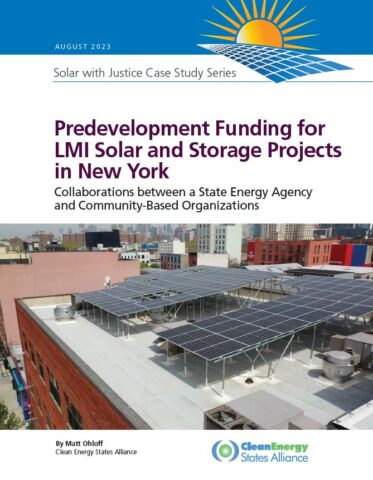
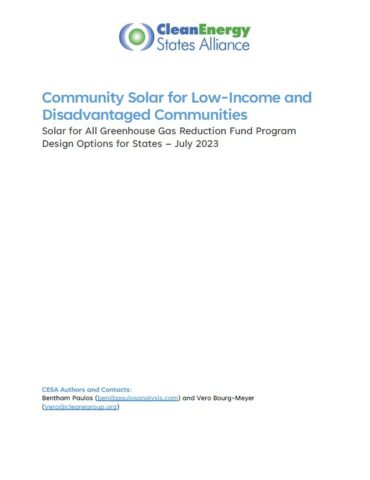
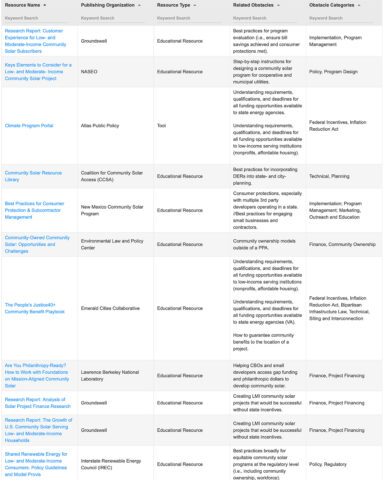
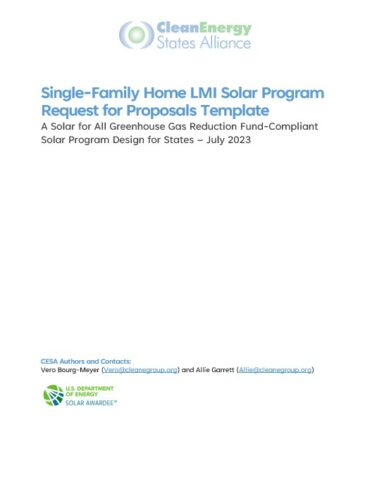
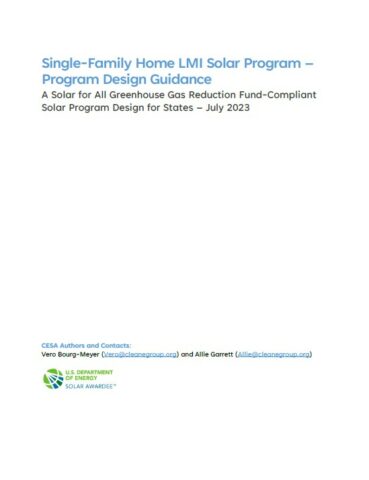
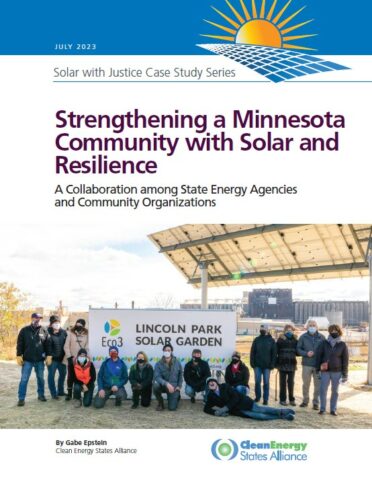
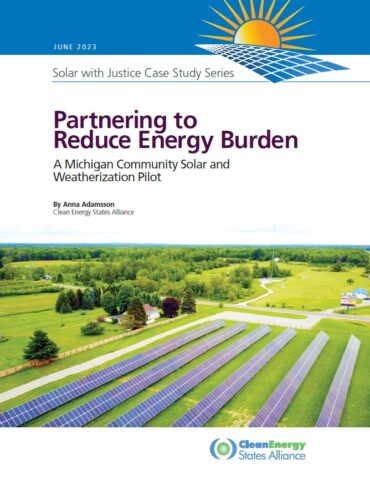
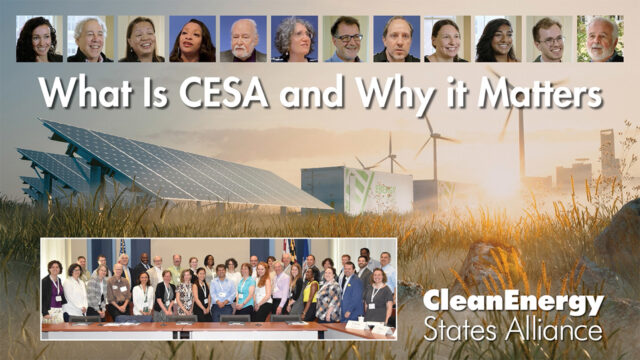
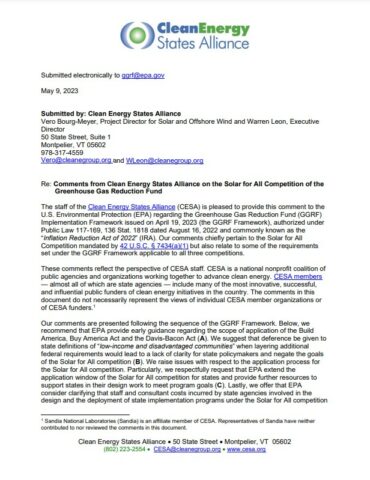
Low-Income Communities Bonus Energy Investment Credit Program: Answers to Frequently Asked Questions
On June 1, 2023, the IRS issued a Notice of Proposed Rulemaking (NOPR) regarding the low-income communities bonus energy investment credit program (the LMI Adder) under the Inflation Reduction Act. This document first provides a high-level summary of what the NOPR covers, followed by a more in-depth review of the NOPR in the form of an FAQ.